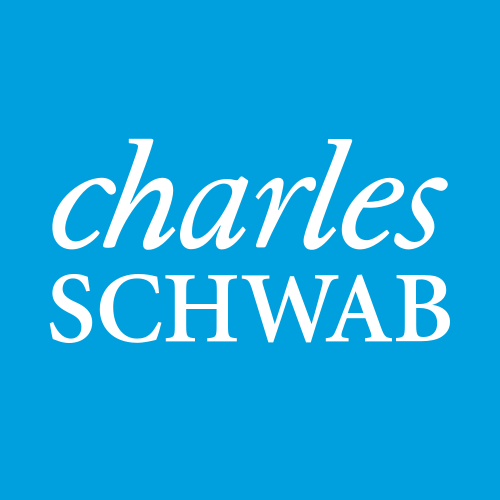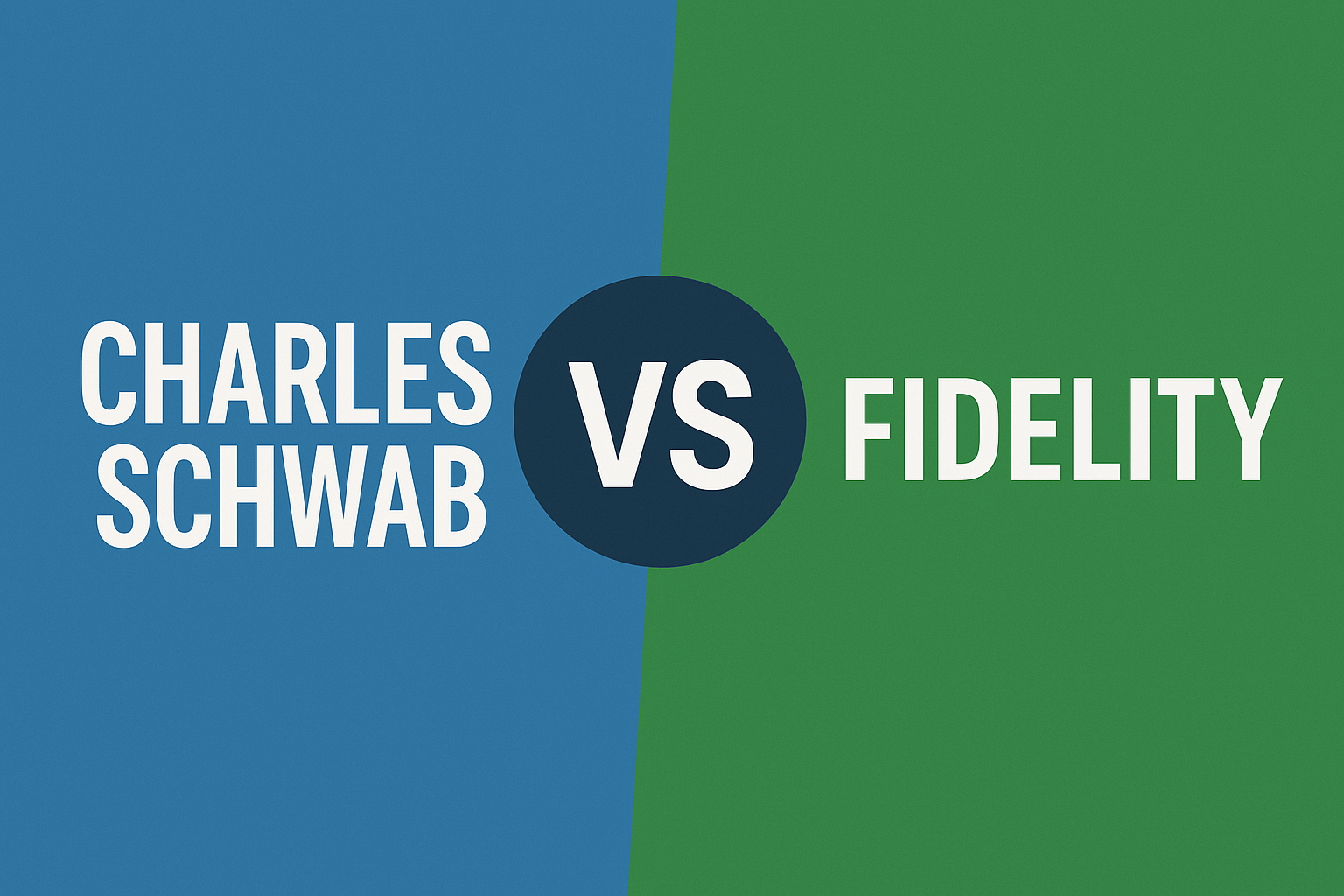Choosing the right brokerage can make a big difference in your investment journey. Two of the most popular names in the industry are Charles Schwab and Fidelity—but how do they stack up against each other in 2025?
In this detailed comparison, we’ll break down the pros, cons, fees, features, and who each platform is best for. Whether you’re a beginner or a seasoned investor, this guide will help you decide between Charles Schwab vs Fidelity with confidence.
Quick Overview
- Charles Schwab: Known for robust tools, $0 commissions, and a wide range of ETFs.
- Fidelity: Offers excellent research, fractional shares, and strong customer support.
Both platforms support a wide range of accounts:
Charles Schwab: Individual, joint, IRA, 401(k) rollovers, custodial, and more.
Fidelity: Offers everything Schwab does, plus HSAs and solo 401(k)s for freelancers.
Winner: Fidelity offers slightly more flexibility for niche account types.
Fees & Commissions
- Charles Schwab:
- $0 stock and ETF trades
- $0 account minimums
- Mutual funds may have transaction fees
- Fidelity:
- $0 stock, ETF, and options trades
- $0 account minimum
- Huge selection of no-transaction-fee mutual funds
Winner: both are excellent for cost-conscious investors.
Trading Platforms & Mobile Apps
- Charles Schwab:
- Schwab.com and StreetSmart Edge (advanced desktop platform)
- Clean, fast mobile app
- Fidelity:
- Fidelity.com and Active Trader Pro (more customizable)
- Feature-rich mobile app with educational tools
Winner: Fidelity wins for active traders, but Schwab is more beginner-friendly.
Research & Education
- Schwab: Offers Morningstar reports, market insights, and webinars
- Fidelity: Industry-leading research center, screeners, and educational videos
Winner: Fidelity slightly leads for depth and usability of research.
Customer Support & User Experience
- Charles Schwab: 24/7 phone support, branches nationwide
- Fidelity: 24/7 support, live chat, great in-app help guides
Winner: Fidelity provides better in-platform assistance and chat support.
Best For
| Platform | Best For | |
|---|---|---|
 | Charles Schwab | Beginners, passive investors, ETF lovers |
 | Fidelity | Active traders, long-term investors, research-heavy users |
Final Thoughts
In the Charles Schwab vs Fidelity debate, both platforms offer excellent value, competitive features, and low fees. Your decision should come down to your investing style.
- Pick Charles Schwab if you want simplicity, excellent ETFs, and in-person support.
- Choose Fidelity if you value research tools, active trading options, and fractional shares.
Before opening an account, think about how often you’ll trade, your investing goals, and the tools you’ll actually use. Both Schwab and Fidelity are top-tier—but your needs are what truly tip the scale.
Here’s a quick comparison table you can embed on your page:
| Feature | Charles Schwab | Fidelity |
|---|---|---|
| Stock Trades | $0 | $0 |
| ETFs Available | 2,000+ | 2,000+ |
| Mutual Funds (NTF) | ~4,000 | ~3,500+ |
| Mobile App | Highly Rated (4.8+) | Feature-rich (4.7+) |
| Fractional Shares | Yes | Yes (starting from $1) |
| Best For | Beginner Investors | Active Traders |

